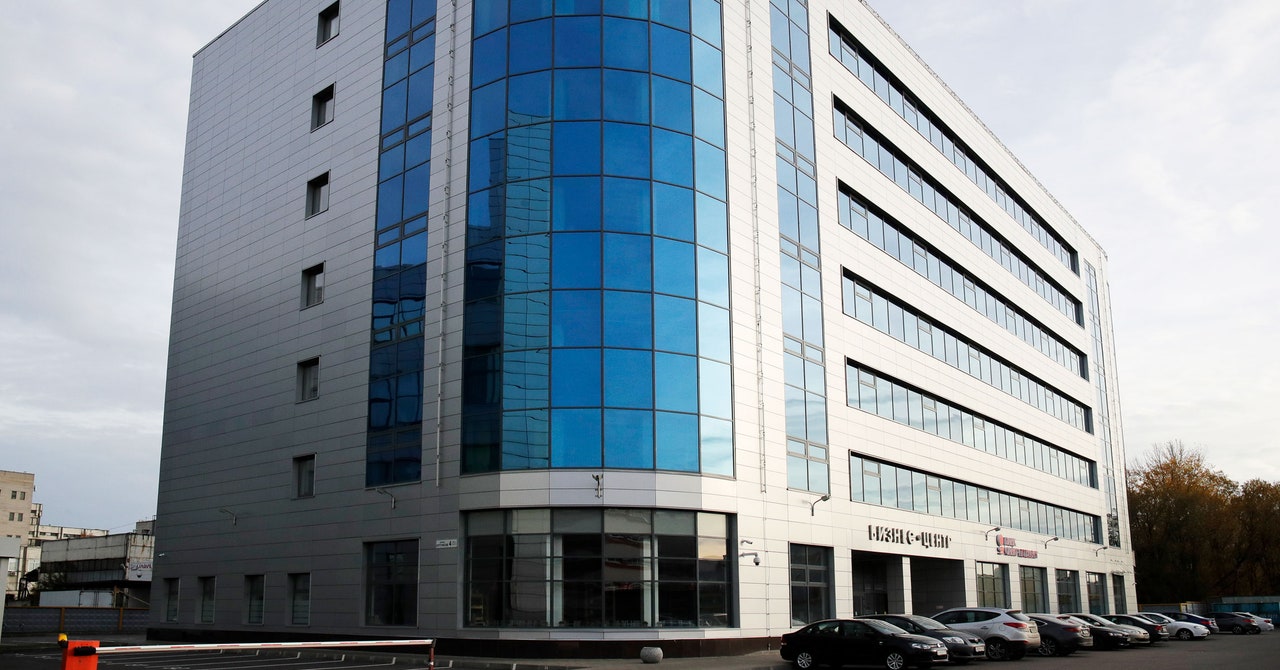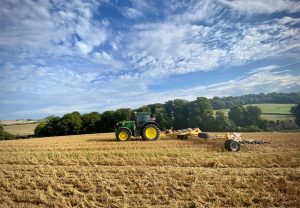Cybersecurity on the farm conference to address internet security

The first of its kind Cybersecurity on the Farm Conference, offered by Iowa State University Extension and Outreach, will be held at the Iowa State University Alumni Center in Ames on Jan. 11, from 8:30 a.m. to 3:30 p.m.
In an era where technology is reshaping every industry, farming stands at the crossroads of innovation and tradition. This one-day conference is designed to address the unique intersection of today’s agriculture and cybersecurity.
For farmers, this workshop offers insights into the ever-evolving world of digital lending in farming and the shift toward online agricultural marketplaces. There will be critical discussions on the potential cyber threats that emerge when working in the agricultural sector. By the end of the day, farmers will be better equipped to navigate farming on the internet while keeping a keen eye on safety and security.
“As a farmer I’m used to risk from the markets and the weather, but it has been very eye-opening to learn how vulnerable my farm and family can be to cybersecurity risks,” said Alexis Stevens, farm management specialist with ISU Extension and Outreach. “Conferences like this one are helping me implement strategies to avoid cyberattacks so I can have peace of mind.”
Through panel discussions with industry experts and a resource fair with trusted service providers, this conference is designed to support farmers as they work to create a seamless integration of cybersecurity into existing systems.
“Bad actors are increasingly targeting agriculture and farmers, and as a farmer, you need to know what the threats are, how you can be prepared and where you can turn for help. This is exactly what our panelists will be discussing,” said Doug Jacobson, university professor of electrical and computer engineering and director of the Center for Cybersecurity Innovation & Outreach.
The resource fair will be available during the lunch hour and throughout the day. The resource fair features experts and service providers at the juncture of farming and cyber tech.
Participants will be part of a transformative dialogue. As farming goes digital, it’s important to ensure that it is secure. Registration is available through Jan. 10,…



